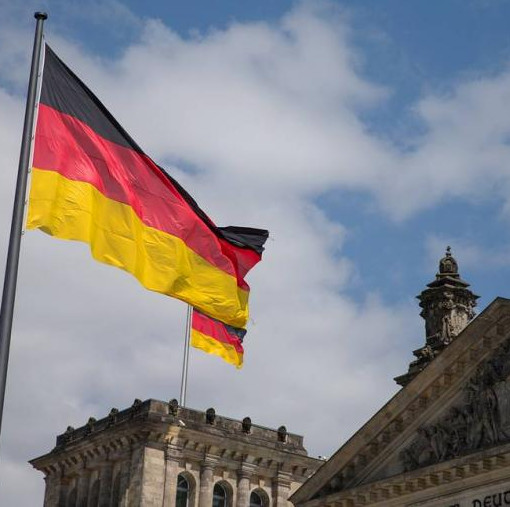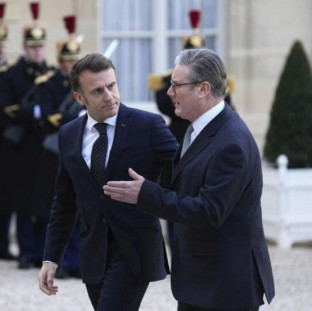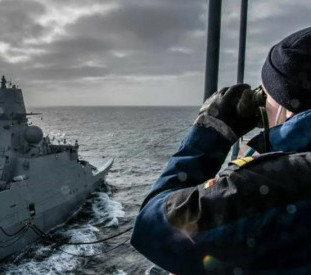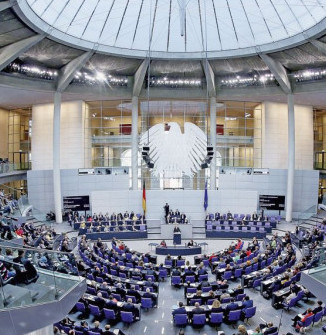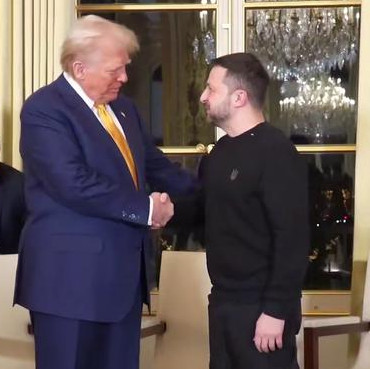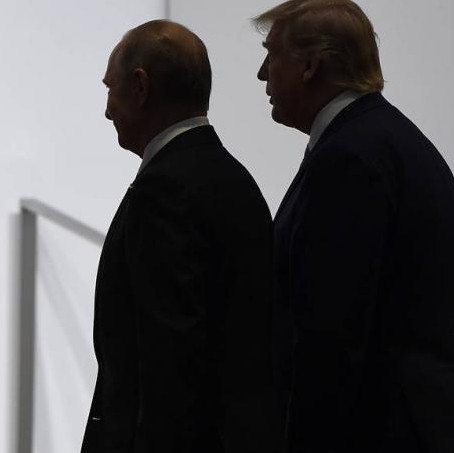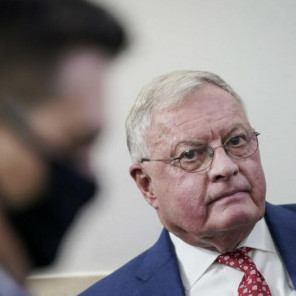On September 22, a G20 ministerial meeting on Afghanistan was held via video conference on the sidelines of the 76th UN General Assembly session in New York. With Italy as its chairman, the meeting was attended by UN Secretary General Antonio Guterres to discuss all the relevant aspects with G20 foreign ministers, including support for Afghan women in their craving for education.
Interestingly, late August saw the world's richest and most democratic states, i.e. G7 demonstrate its failure to resolve the Afghan crisis, having thus questioned the expediency of its further existence. The urgently convened online G7 summit yielded nothing at all, as skeptics expected.
Having acknowledged their utter ineptitude, G7 leaders shifted the responsibility for solving the Afghan issue on to the shoulders of G20 member states. All indications are that now it's primarily up to Russia, China and India. Chairman of Britain's Foreign Affairs Committee Tom Tugendhat said in an interview with Politico that G7 failure came as no surprise. "I now look forward to India, and other regional partners being included in future discussions. They have a greater stake that some other G7 members," he added.
The British MP hence implied the Group of Twenty, an urgent meeting of which is now being arranged by Italian Prime Minister Mario Draghi. And G20, as you know, involves Russia, China and India, with their geography-driven interest in a stable and peaceful Afghanistan. This is despite their ties in the region, national interests and, as applicable to Russia, a rich experience of dealing with that country's various forces.
Among other things, last Wednesday's G20 meeting of foreign ministers featured preparations for an emergency G20 summit on Afghanistan, which may take place right after the UN General Assembly session. Most likely, it will be a televised one. Ahead of the New York ministerial meeting, the Afghan events and arrangements to hold the G20 summit due in Rome in late October, were discussed by Russian President Vladimir Putin and Italian Prime Minister Mario Draghi in a telephone conversation. Both leaders expressed interest in a swift crisis settlement.
As for the ministerial meeting as part of the UN General Assembly, Russia's stance on Afghanistan was outlined by Deputy Foreign Minister Sergei Vershinin. According to him, Moscow deems it important to normalize the situation and coordinate efforts of the international community in order to solve the humanitarian problems. In his speech, Vershinin stressed that most of the responsibility for the current developments lies with the United States and other countries that have maintained a 20-year-old military presence in that country. According to the diplomat, Russia plans to give this across-the-board consideration during all the international contacts at the UN General Assembly.
The ministerial meeting also witnessed Chinese Foreign Minister Wang Yi express hope that those responsible for the current Afghan situation will ponder taking meaningful action to solve challenges faced by the Afghan people and to comply with their obligations. The Chinese Foreign Minister also urged to unfreeze Afghanistan's assets. In his opinion, using financial resources as political leverage against Afghanistan is inconceivable. Keep in mind that after the Taliban (banned in Russia) seized power in that country, the United States froze its financial assets amounting to some $ 9.5 billion.
In turn, Indian Foreign Minister Subrahmanyam Jaishankar urged the international community unite in an attempt to provide humanitarian relief to Afghanistan. Touching upon its political developments, he said the world expects an extensive inclusive process involving all the segments of Afghan society. According to the diplomat, "UNSC resolution 2593, which reflects global sentiment, should continue to guide our approach. India’s engagement will be driven by its historical friendship with the Afghan people.".
US Secretary of State Anthony Blinken also had his say at the G20 ministerial meeting. "The international community is united in its expectations for the Taliban to adhere to their commitments," he stated. At the same time, Blinken glossed over the fact that the United States is all to blame for the present-day troubles in Afghanistan.
Germany opinion's is of interest to note. Earlier, UN Secretary General's spokesman Stephane Dujarric said the Taliban had expressed willingness to deliver an address during the High-Level Week and said that the Afghan ambassador to the UN, appointed by Ashraf Ghani's government, no longer represented the country's interests. In return, the Taliban offered to appoint Muhammad Suhail Shaheen. And so, Germany opposed the Taliban engagement in sessions of the UN General Assembly.
According to German Foreign Minister Heiko Maas, any appearance by the Taliban won't not solve the problems of Afghanistan. According to him, the militants must ensure human and especially women's rights. Maas believes the Taliban should distinguish themselves from terrorists and integrate representatives of other population groups into the Afghan government. And the UN reported that the issue of appointing a new permanent representative will be addressed at an accreditation board session.
